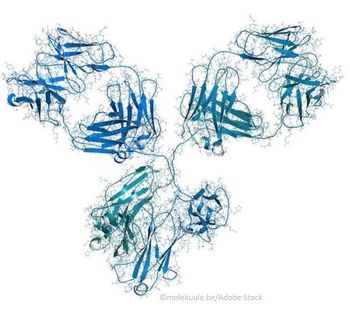
AAAAI 2023. The TSLP inhibitor was superior to placebo in 2 post hoc analyses of the PATHWAY and NAVIGATOR clinical trials.

AAAAI 2023. The TSLP inhibitor was superior to placebo in 2 post hoc analyses of the PATHWAY and NAVIGATOR clinical trials.

Future studies may consider PARS the new gold standard in predicting pediatric asthma risk, said study authors.
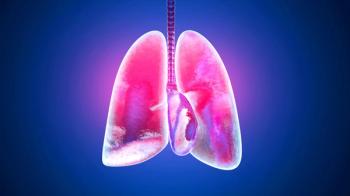
AAAAI 2023. Pandemic prescribing rates for systemic corticosteroids increased from Alpha to Delta to Omicron waves of COVID-19 but hospitalizations have dropped, study finds.
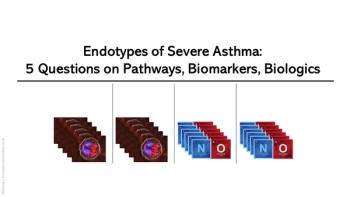
Check your knowledge of mechanistic features of severe asthma, specific biomarker level cut offs, and impact of comorbid disease on choice of biologic treatment.

The approval offers patients the choice to administer the monoclonal antibody at home using a prefilled device or to continue to receive it in a clinical setting.
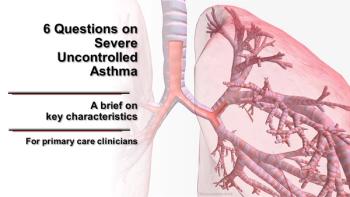
Severe uncontrolled asthma is a clinical treatment challenge even with advanced biologic therapies available. Test your knowledge of a few key characteristics with a quick quiz.

Asthma exacerbations in children living in low-income urban areas were significantly associated with reduced air quality and specific pollutants in a new analysis.
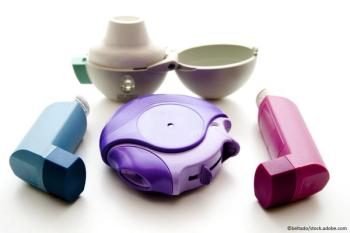
CHEST 2022. Tezepelumab significantly reduced AAER and improved lung function in patients taking 1, 2, or ≥3 long-acting β-agonists in addition to ICS.
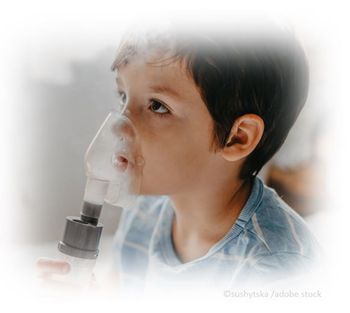
The noninvasive, easily administered tool was able to predict at age 3 years children who would be diagnosed with asthma at age 5 years.

Additional research into tailored metered-dose inhaler education is needed, according to authors of a recent study.

When asthma and COPD patients have a continuous relationship with a single provider, ED visits/hospitalizations go down, survival goes up, finds a new systematic review.

New findings suggest that HIIT may be an effective aerobic exercise option for asthma patients.
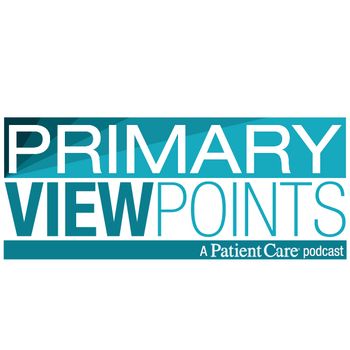
In our latest podcast episode, Njira Lugogo, MD, discusses NAVIGATOR data she presented at ATS 2022 that showed clinical responses to treatment with tezepelumab.
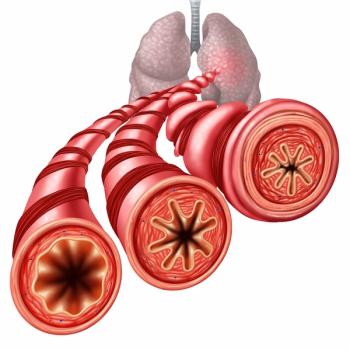
ATS 2022: Findings from a literature review provide insight into the mechanisms of airway hyperresponsiveness in asthma.

Njira Lugogo, MD, sat down with Patient Care Online to discuss findings from the prespecified exploratory analysis of the NAVIGATOR study that she presented at ATS 2022.

ATS 2022: Mepolizumab was effective in reducing asthma exacerbations and oral corticosteroid use in real-world clinical practice, according to new research.

ATS 2022: Dupilumab is often the first biologic agent prescribed for moderate-to-severe asthma according to analysis of a US database comprising more than 100 million patients.
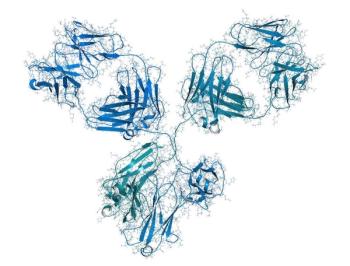
ATS 2022. A greater proportion of tezepelumab-treated patients with severe, uncontrolled asthma achieved on-treatment clinical responses than placebo-treated patients.

ATS 2022: A fixed dose SABA/corticosteroid combination reduced risk of exacerbation by 27% vs SABA alone in the MANDALA study.
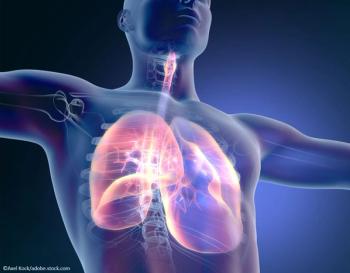
ATS 2022: Charts from an EHR that included a suspected diagnosis of asthma either had no objective documentation or mentioned a test but included no results.
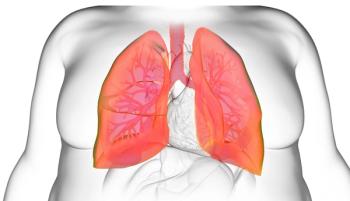
The observational study found that longer duration of disease conferred a 32% greater risk of obesity and that nonatopic asthma carried at 47% greater risk.

Asthma-COPD overlap and obesity mutually exacerbate each other and an early program of pulmonary rehabilitation shows promise to help both.

Higher blood eosinophils, younger age, and eosinophilic chronic rhinosinusitis were among factors associated with a switch from initial biologic therapy in a new study.

The FDA has approved the first generic budesonide and formoterol fumarate dihydrate inhalation aerosol for the treatment of asthma and COPD.

Tara Carr, MD, led a post hoc analysis of the NAVIGATOR phase 3 trial and presented data on tezepelumab efficacy in the vulnerable subgroup at the AAAAI 2022 meeting.